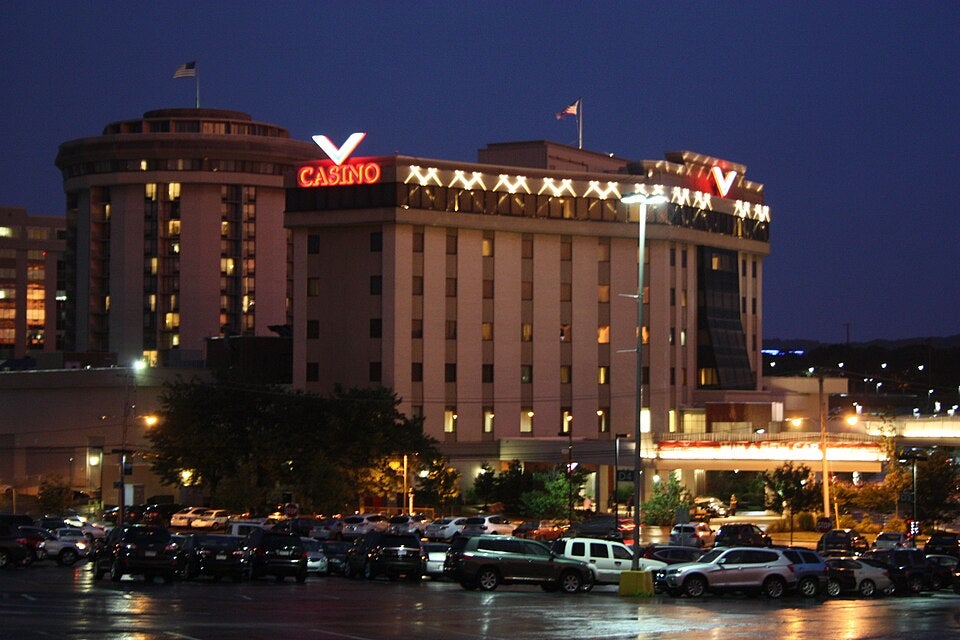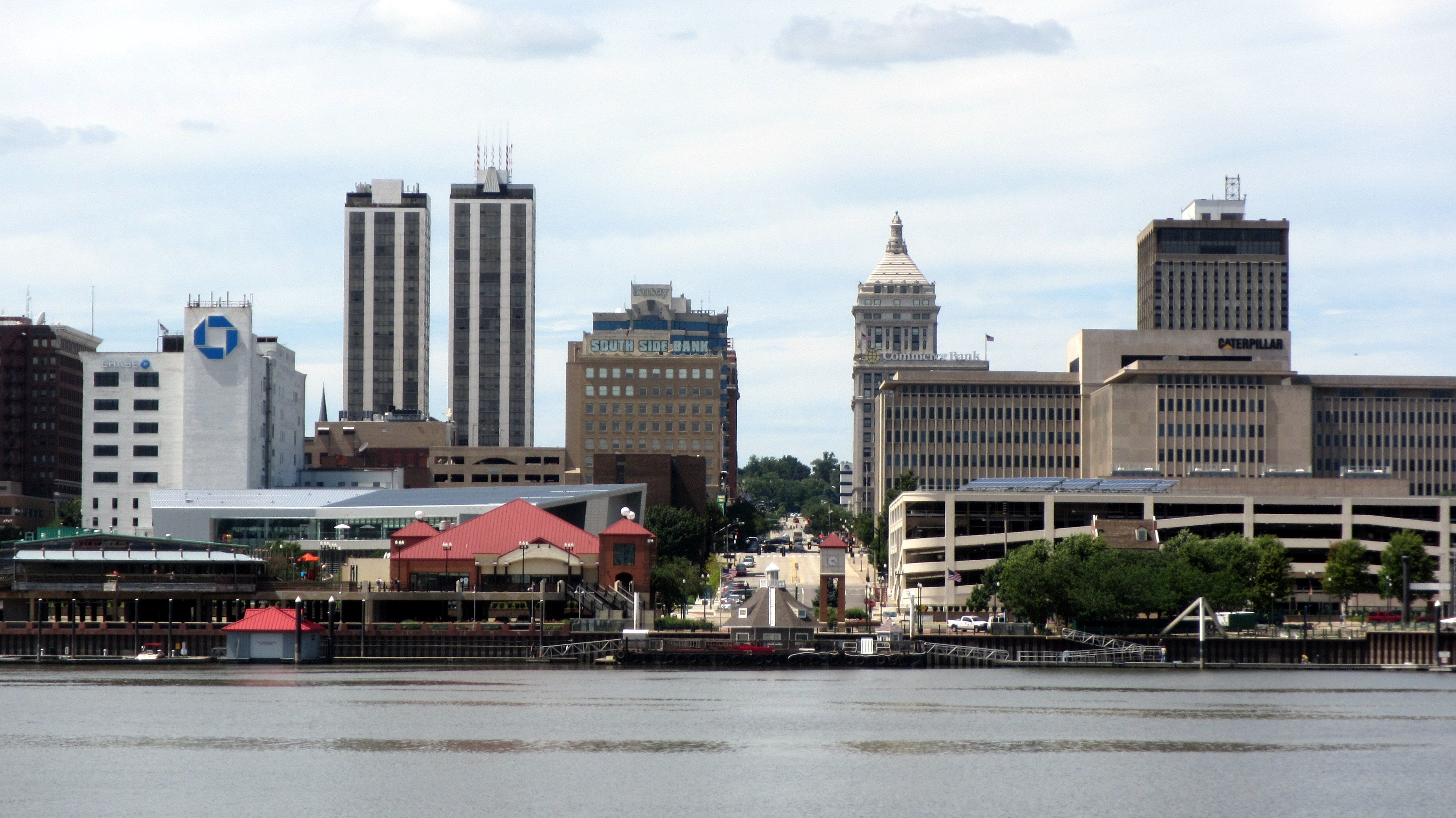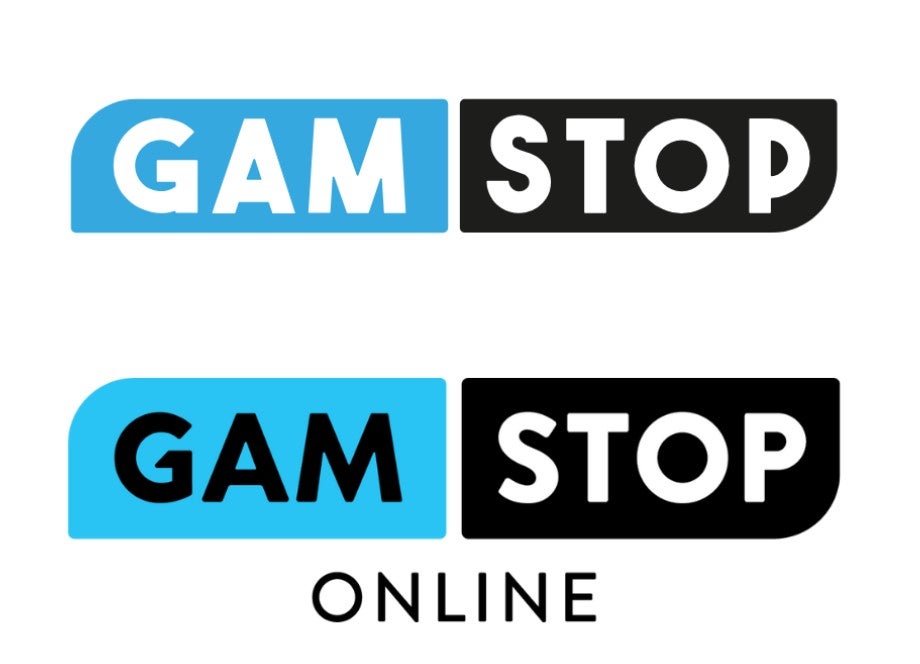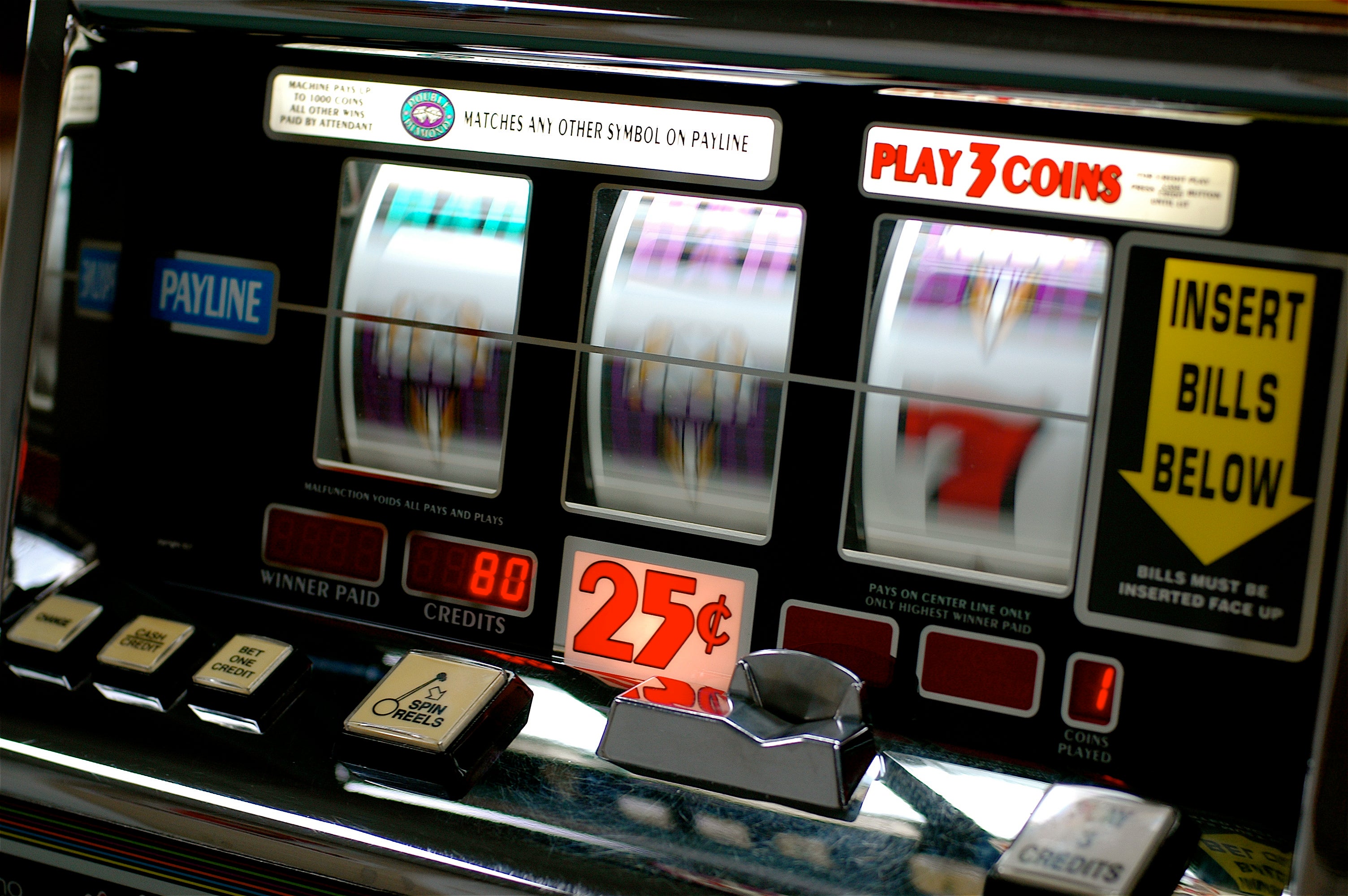A community-focused solution
The job fairs would not help theater professionals land gigs on Broadway. Instead, they would match suitors with different jobs inside the casino complex, such as table game dealers, bartenders, front desk concierge, and more.
Full-time and part-time jobs would be available for theater professionals, whose schedules are often unpredictable in terms of commitment and payment. The casino jobs would be flexible enough to allow the theater workers to attend rehearsals, auditions, and performances.
“Too often, actors and stage managers are forced to piece together work just to survive between productions,” Al Vincent Jr, executive director of the Actors’ Equity Association, said in a statement. “This collaboration with Caesars Palace Times Square creates new opportunities for our members to support themselves without leaving their professional community. That’s the kind of responsive, community-oriented solution we need.”
“Our musicians are the heartbeat of Broadway, but when a show closes or a tour ends, they’re often left in limbo,” added Robert Suttmann, President of AFM Local 802, in a statement. “These recurring job fairs will offer meaningful work that respects their skills, schedules, and dignity. We appreciate the Caesars Palace Times Square team’s willingness to meet with us directly and work on programs that directly benefit our members.”
As part of an attempt to win over its critics, the casino group said that it will also make a commitment to the future of the Broadway community. The casino will provide direct funding for Broadway workers’ necessities, such as childcare, debt relief, and ticket access for underprivileged parties.
Additionally, the casino’s decision-makers promised $80 million in public safety investment and $20 million worth of Broadway tickets for underprivileged households.
The casino’s impact
The Times Square casino project is one of seven that are in contention for three available operators’ licenses. New York’s gaming officials plan to unveil the recipients of the licenses before the end of the year.
Joining Jay-Z and Roc Nation in the endeavor are Caesars Entertainment, SL Green Realty, and Live Nation. Their plans would redevelop a 54-story skyscraper full of office buildings and the Minskoff Theatre into a lavish casino, hotel, and Broadway theatre.
The group has shown flexibility in its approach to the casino.
Entertainment Community Fund President and CEO Joseph Benincasa previously said that he believed the project would increase crime in the surrounding area. However, the casino has plans to invest in public safety if it is awarded an operator’s license.
Financial estimates suggest the casino could generate more than $7 billion in tax funding for the state within its first 10 years of operation. It would also create 3,800 permanent jobs and provide $26 billion in economic stimulus to the surrounding area. The casino would also be hidden from public view on the ground floor outside.
The project’s decision makers have already paid a non-refundable $1 million application fee to the state. If approved, they will have to pay a $500 million licensing fee and provide at least $500 million in public investment.


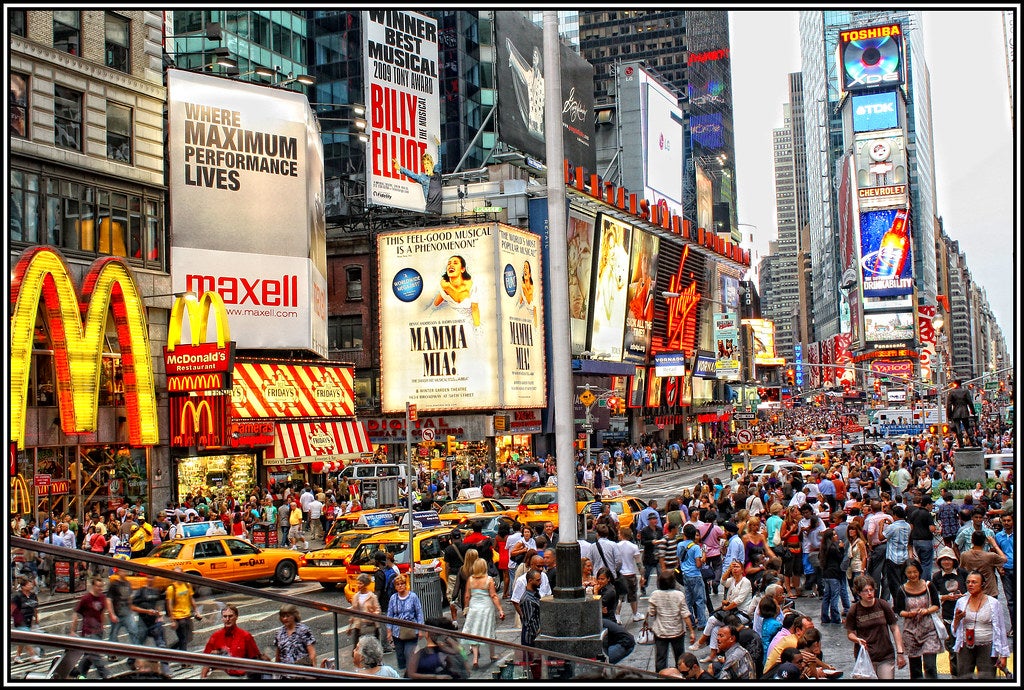


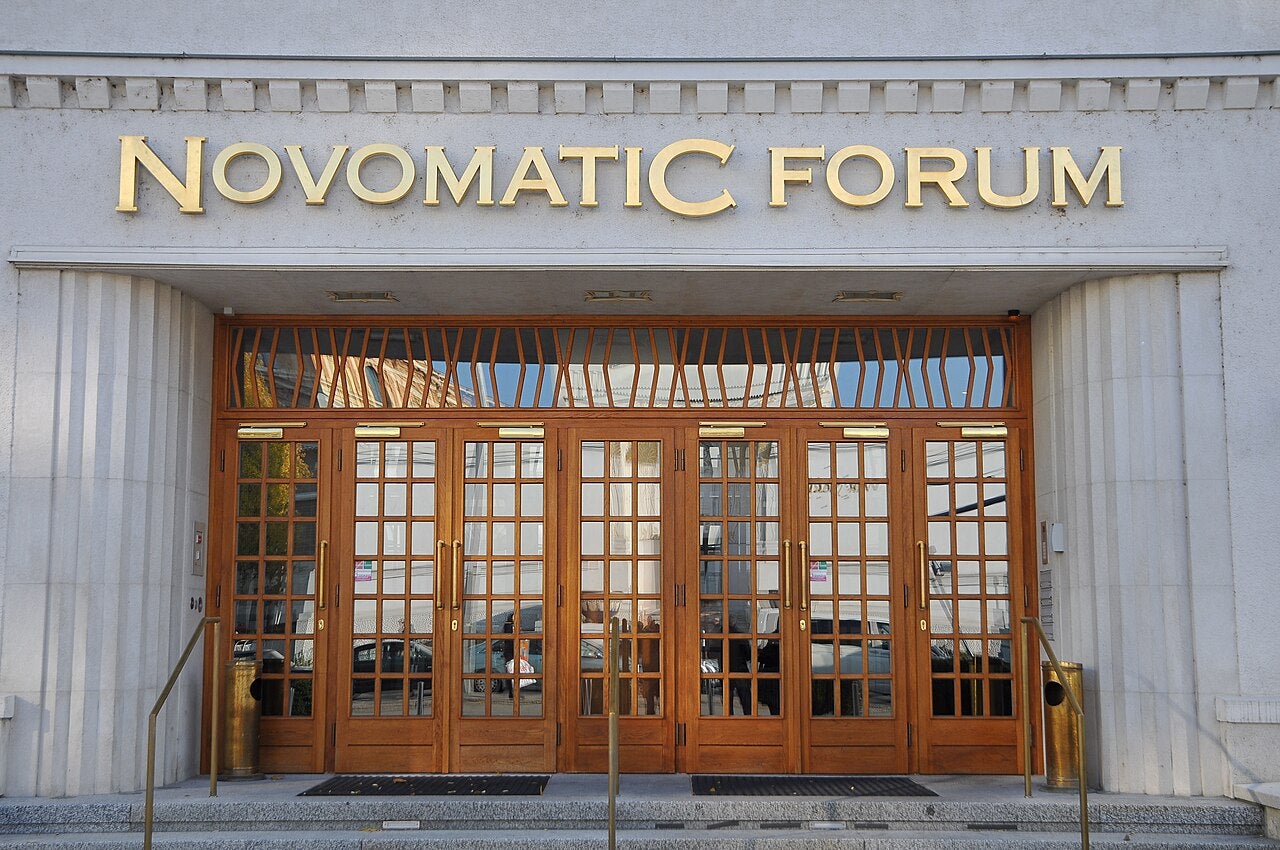
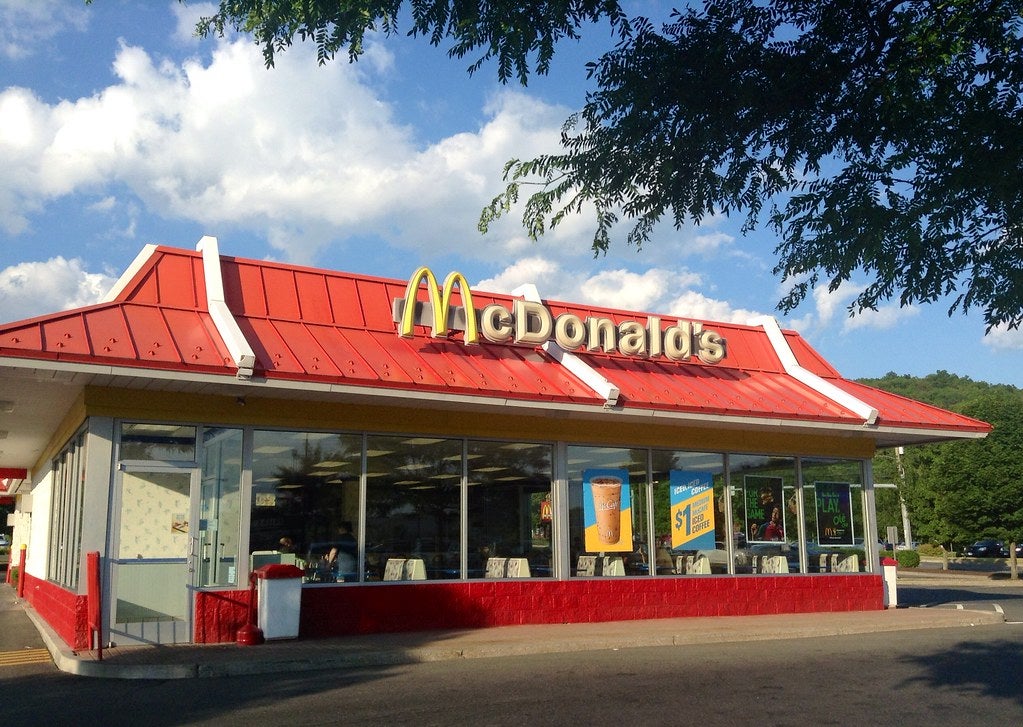
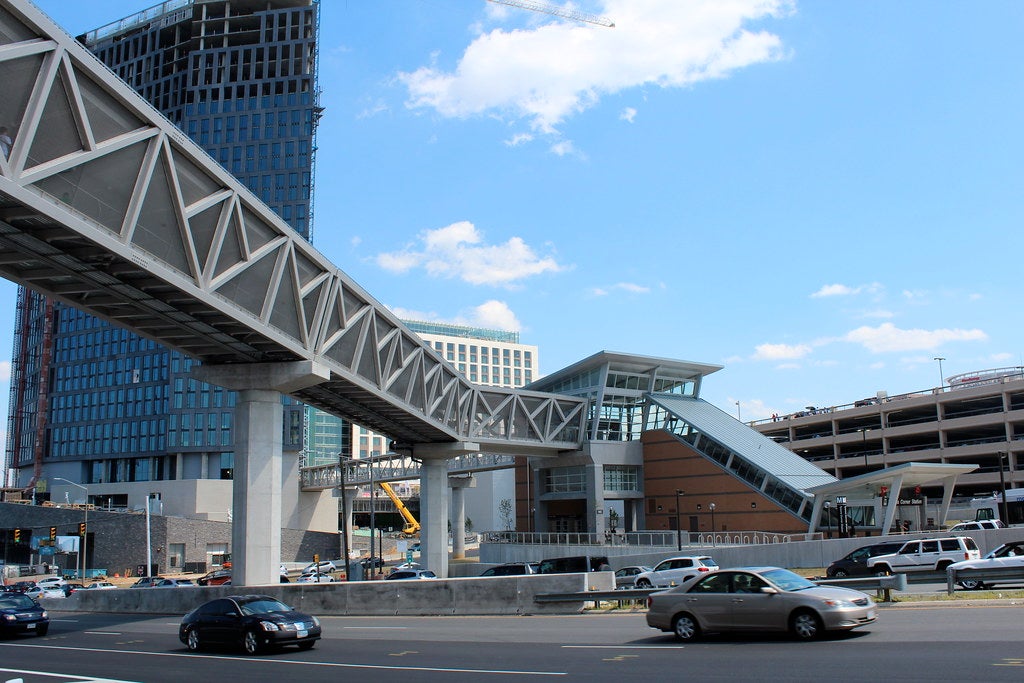




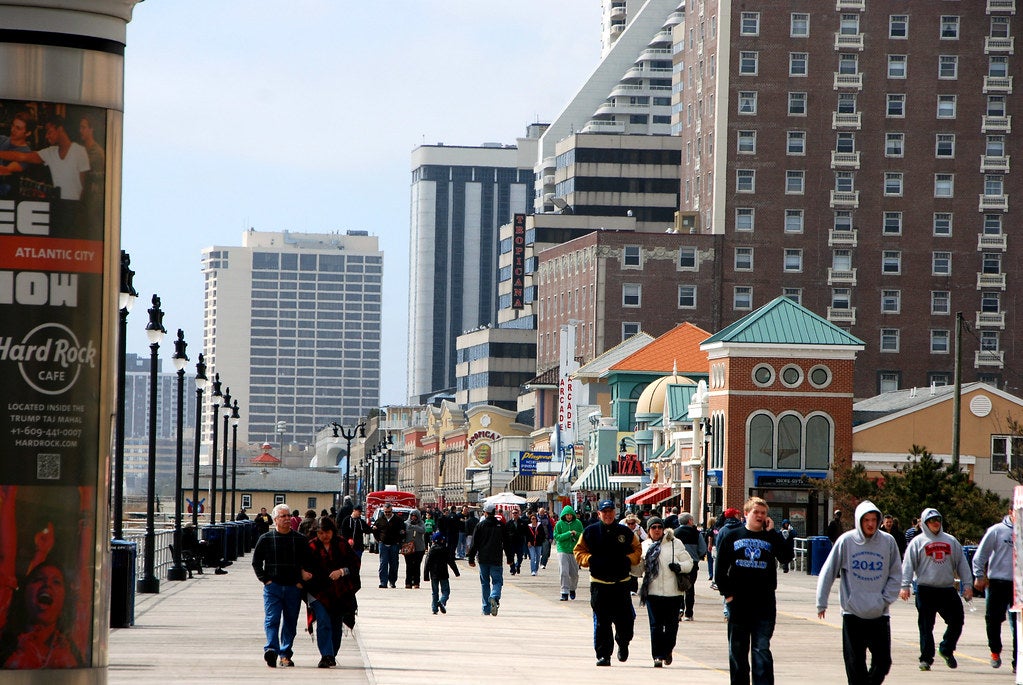



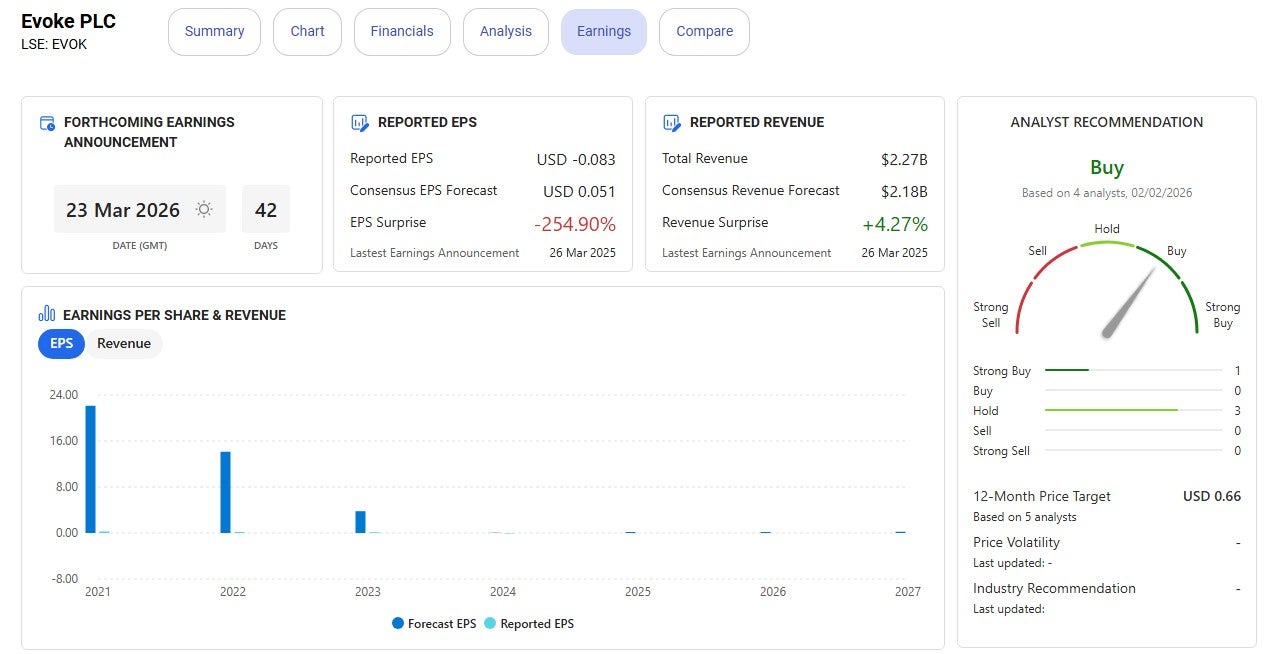

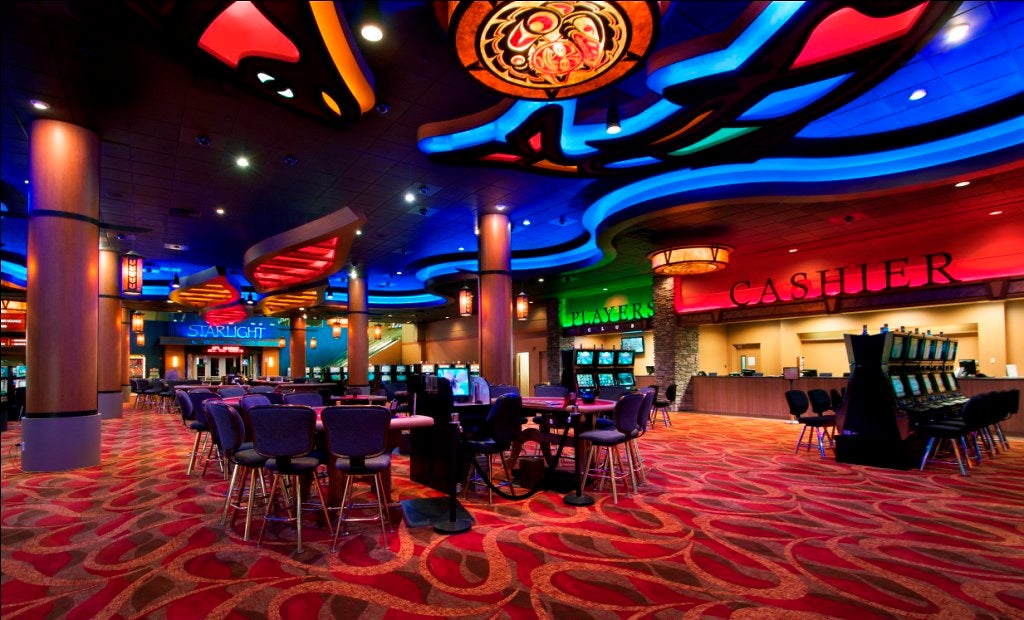

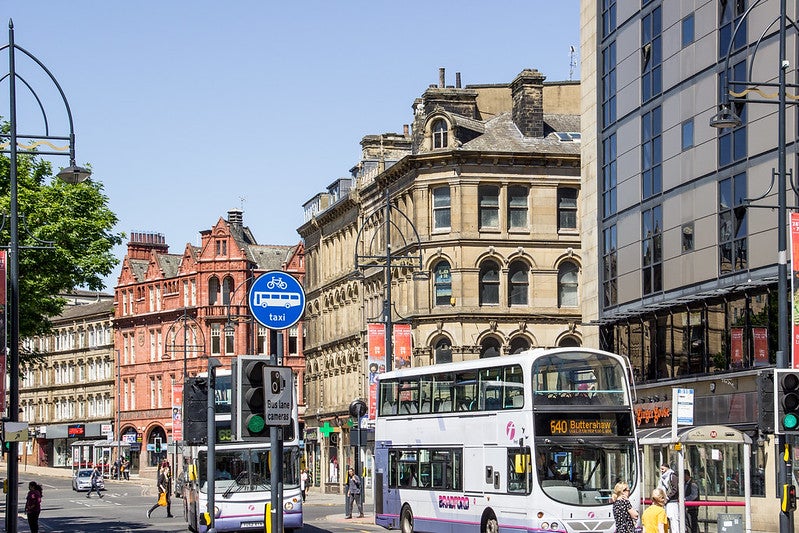

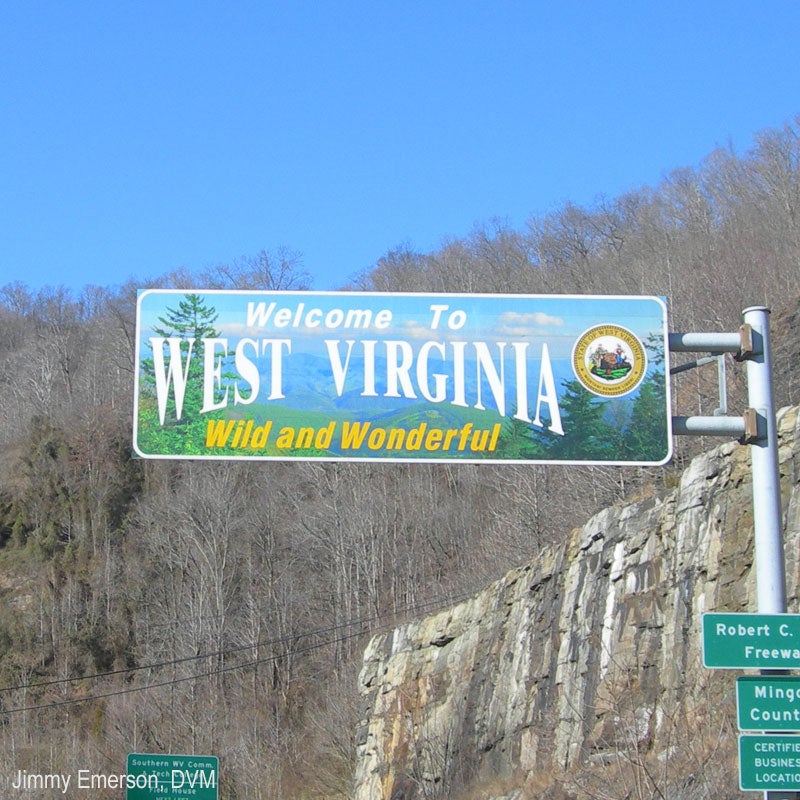

.jpg)
